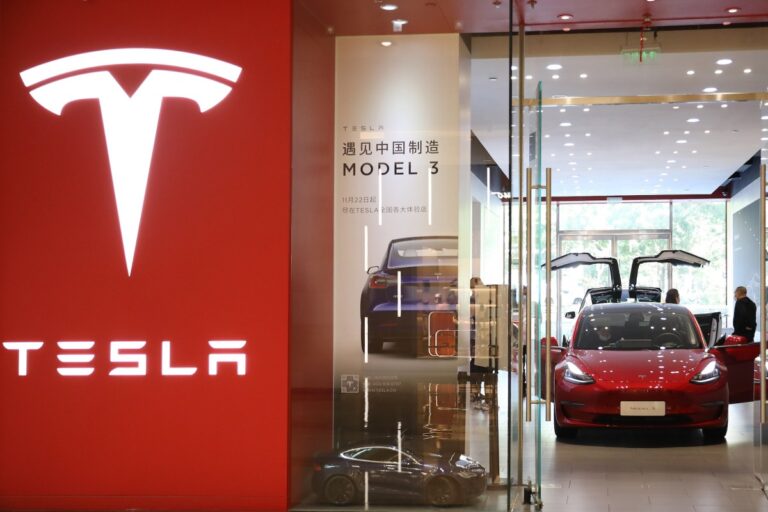China has cracked down on how carmakers promote the capabilities of driver assistance, banning terms such as “autonomous driving,” “autonomous driving,” and “smart driving,” and reported citing a transcript of a meeting with government and industry representatives.
Additionally, the updated rules prohibit the deployment of improvements via software updates to the vehicle’s advanced driver assistance system already in the hands of the customer. Automakers must test ADA upgrades or new features and receive government approval before deploying via software updates.
Wireless software updates to improve or modify the functionality of the vehicle, and their initial popularity by Tesla, have become important features for automakers looking to stay competitive.
This mission stems from growing concern over vehicle safety and fatal crash incidents, including advanced driver assistance systems. Last month, the Xiaomi Su7 sedan started a fire after it crashed into a pole seconds after the driver took control from the ADA.
It also follows the deployment of Tesla, a “fully autonomous driving software” branding used in advanced driver assistance systems. FSDs need to continue to engage human drivers, not autonomous driving systems. In China, Tesla has changed its FSD name to “intelligent assisted driving.”

